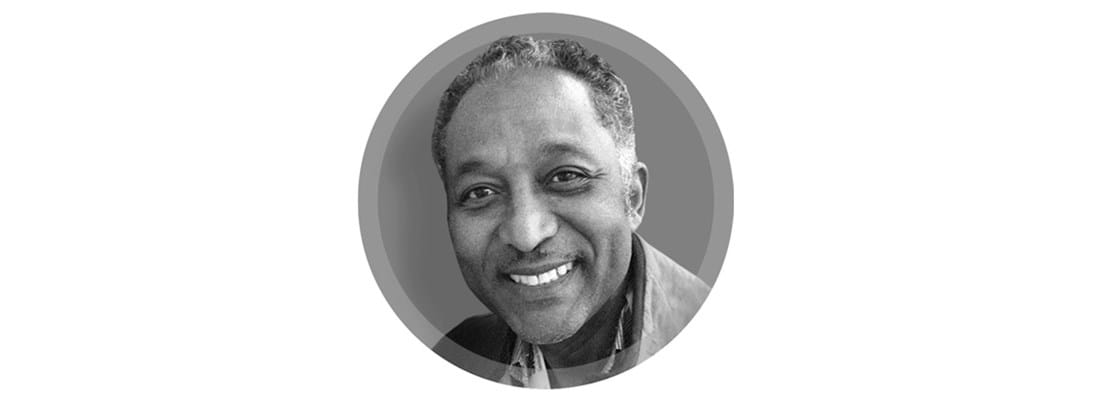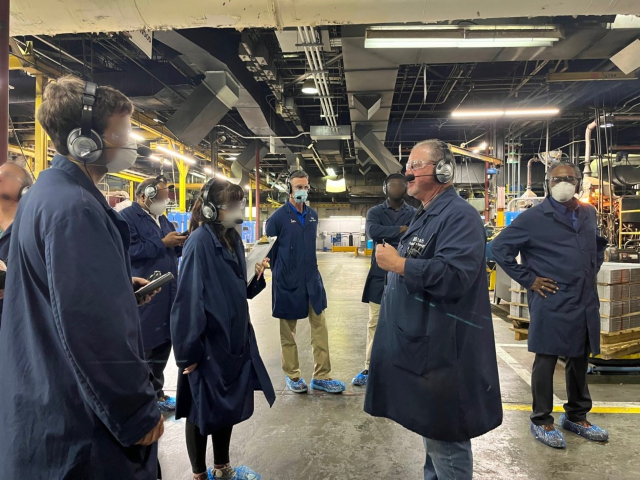DLACZEGO ENERSYS?
DLACZEGO ENERSYS?WHO WE ARE
WHO WE AREHISTORIA POWSTANIA FIRMY
HISTORIA POWSTANIA FIRMYKIEROWNICTWO
KIEROWNICTWOINWESTORZY
INWESTORZYCAREERS
CAREERSZRÓWNOWAŻONY ROZWÓJ
ZRÓWNOWAŻONY ROZWÓJAKTUALNOŚCI
AKTUALNOŚCIMIEJSCA PRODUKCJI
MIEJSCA PRODUKCJIDOSTAWCÓW
DOSTAWCÓWJAKOŚĆ
JAKOŚĆBRANŻE
SIECI KOMUNIKACYJNE
Wyświetl wszystkie SIECI KOMUNIKACYJNEZASILANIE 5G
Wyświetl wszystkie ZASILANIE 5GLOGISTYKA I MAGAZYNOWANIE
Wyświetl wszystkie LOGISTYKA I MAGAZYNOWANIETRANSPORT
Wyświetl wszystkie TRANSPORTSIECI KABLOWE SZEROKOPASMOWE
Wyświetl wszystkie SIECI KABLOWE SZEROKOPASMOWECENTRA DANYCH
Wyświetl wszystkie CENTRA DANYCHENERGETYKA PRZEMYSŁOWA I UŻYTECZNOŚĆ KOMUNALNA
Wyświetl wszystkie ENERGETYKA PRZEMYSŁOWA I UŻYTECZNOŚĆ KOMUNALNALOTNICTWO I OBRONA
Wyświetl wszystkie LOTNICTWO I OBRONABEZPIECZEŃSTWO I OCHRONA
Wyświetl wszystkie BEZPIECZEŃSTWO I OCHRONAOCHRONA ZDROWIA
Wyświetl wszystkie OCHRONA ZDROWIAAKUMULATORY
ZOBACZ WIĘCEJ AKUMULATORYMONITOROWANIE I ZARZĄDZANIE FLOTĄ
ZOBACZ WIĘCEJ MONITOROWANIE I ZARZĄDZANIE FLOTĄPROSTOWNIKI
ZOBACZ WIĘCEJ PROSTOWNIKISYSTEMY ENERGETYCZNE
ZOBACZ WIĘCEJ SYSTEMY ENERGETYCZNEUSŁUGI
ZOBACZ WIĘCEJ USŁUGIDOŁĄCZ DO NAS
DOŁĄCZ DO NASRÓŻNORODNOŚĆ
RÓŻNORODNOŚĆDLACZEGO WARTO?
DLACZEGO WARTO?CZYM SIĘ ZAJMUJEMY?
CZYM SIĘ ZAJMUJEMY?WYSZUKIWANIE OFERT PRACY
WYSZUKIWANIE OFERT PRACYSUSTAINABILITY REPORT
SUSTAINABILITY REPORTZARZĄDZANIE ŚRODOWISKIEM, ZDROWIEM I BEZPIECZEŃSTWEM
ZARZĄDZANIE ŚRODOWISKIEM, ZDROWIEM I BEZPIECZEŃSTWEMPRAWA CZŁOWIEKA
PRAWA CZŁOWIEKAETYKA I ZGODNOŚĆ
ETYKA I ZGODNOŚĆZRÓWNOWAŻONE ZAMÓWIENIA
ZRÓWNOWAŻONE ZAMÓWIENIASTOWARZYSZENIA BRANŻOWE
STOWARZYSZENIA BRANŻOWEZAANGAŻOWANIE SPOŁECZNOŚCI
ZAANGAŻOWANIE SPOŁECZNOŚCIHISTORIE, KTÓRYMI WARTO SIĘ PODZIELIĆ
HISTORIE, KTÓRYMI WARTO SIĘ PODZIELIĆCOGNITIVE_SERVICE_TRANSLATE_ERROR
COGNITIVE_SERVICE_TRANSLATE_ERRORPEOPLE POWERING SUSTAINABILITY
PEOPLE POWERING SUSTAINABILITYWIEDZA BRANŻOWA
WIEDZA BRANŻOWATRADESHOWS & EVENTS
TRADESHOWS & EVENTSENERSYS PULSE - BLOG
ENERSYS PULSE - BLOGLOGISTICS DEPARTMENT
LOGISTICS DEPARTMENTENERSYS FINANCIAL SOLUTIONS
ENERSYS FINANCIAL SOLUTIONSDOKUMENTY
DOKUMENTYCOGNITIVE_SERVICE_TRANSLATE_ERROR
COGNITIVE_SERVICE_TRANSLATE_ERRORNARZĘDZIA
NARZĘDZIA
